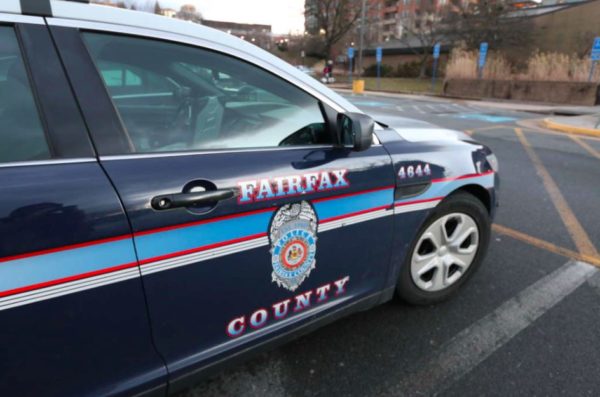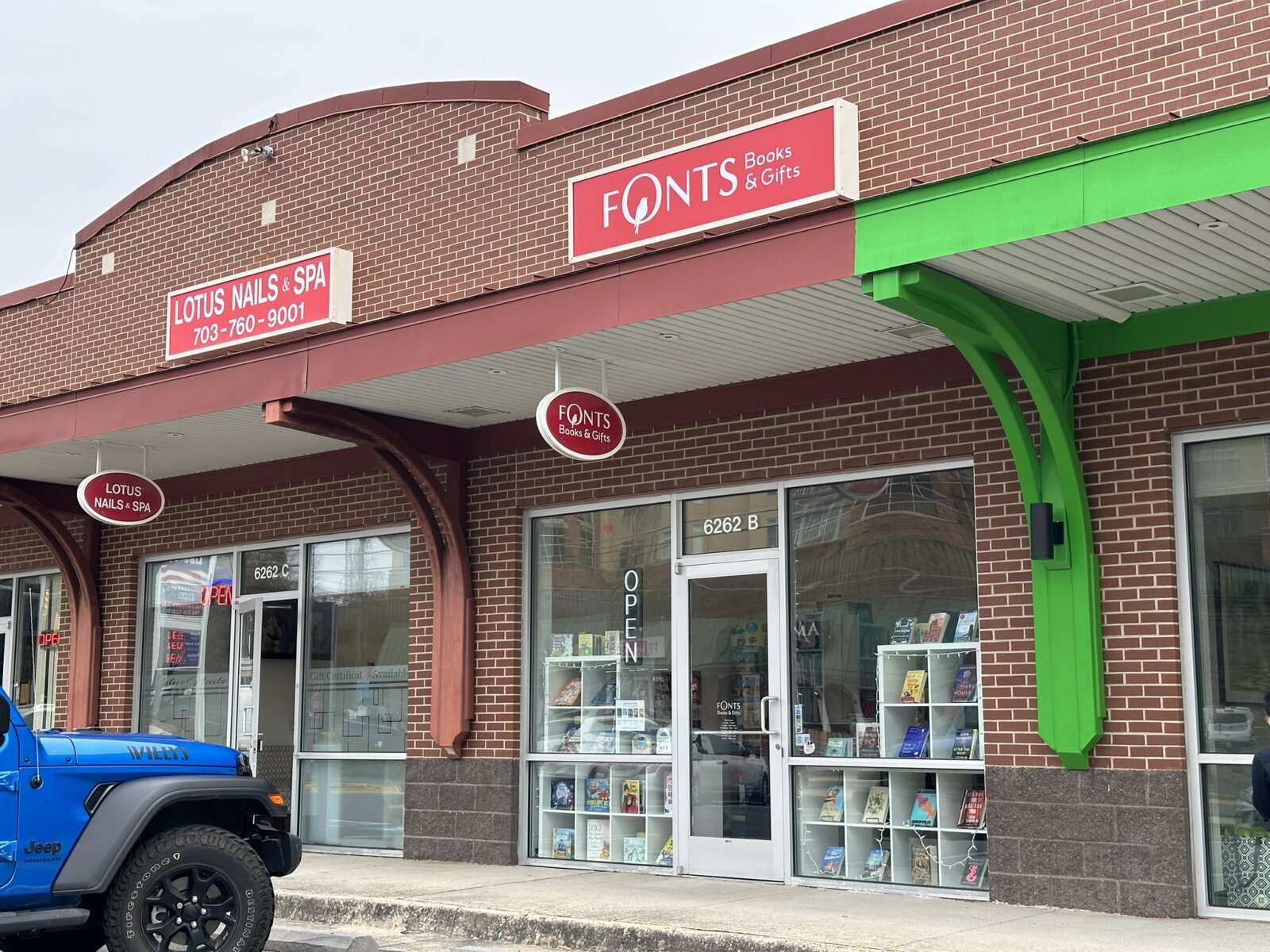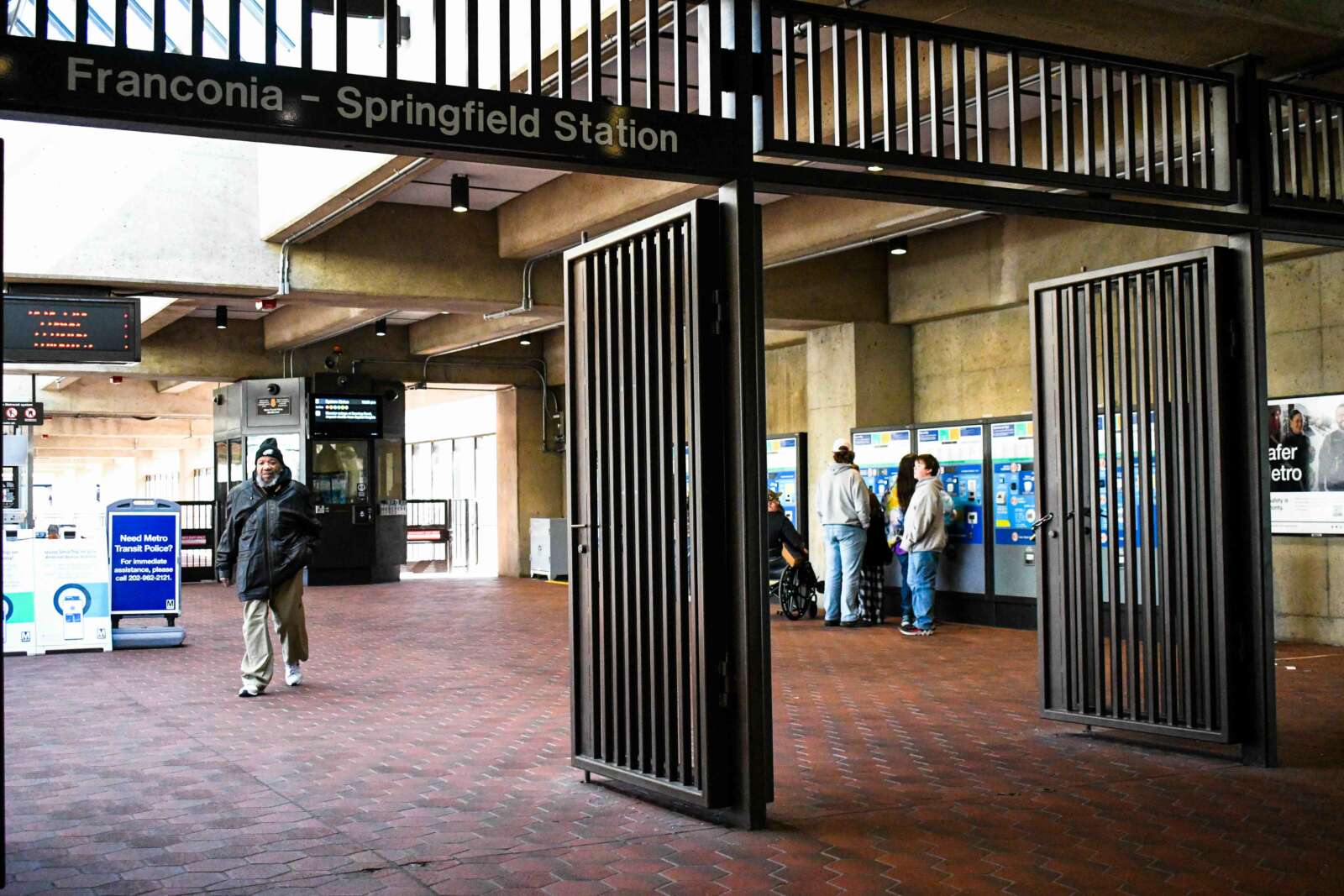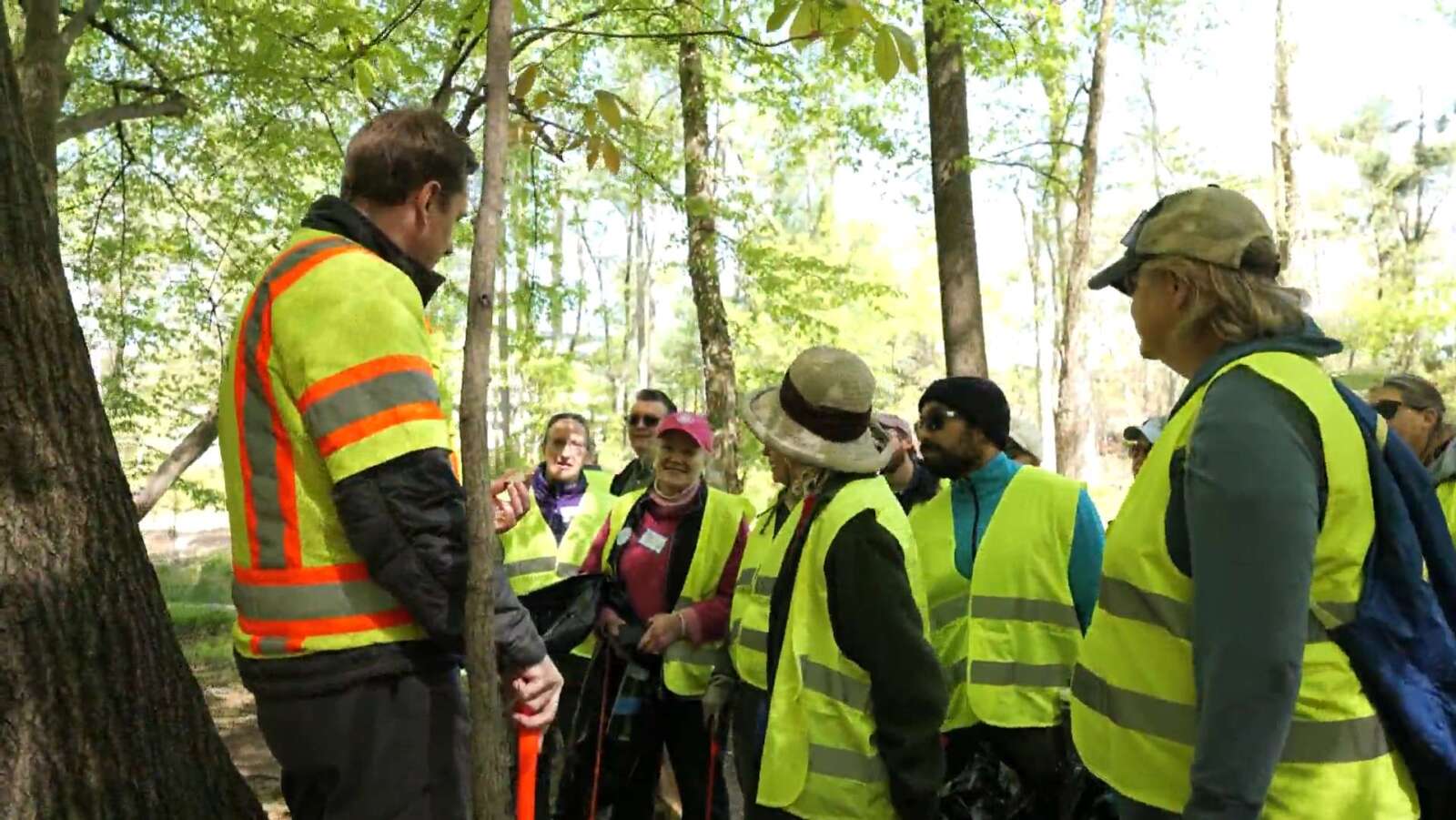A new bill could potentially significantly limit how long the Fairfax County Police Department and other state police departments can store data obtained through automated license plate readers (ALPRs).
As originally written, SB 1198 would bar police from storing data obtained by ALPRs for more than 30 days without a warrant or ongoing active investigation.
ALPRs can collect data and information like photos of license plates as well as a driver’s location at a particular date and time. They are often mounted on street poles, overpasses, or police square cars. A central server houses the data.
Privacy advocates and civil liberties organizations have criticized the technology for chilling First Amendment-protected activity and privacy concerns.
The Virginia State Supreme Court ruled late last year that police departments are allowed to keep this data “indefinitely,” no warrant or investigation needed. This came after a Fairfax County judge ruled otherwise in 2019, saying that the data collection was in violation of Virginia’s “Data Act.”
While some jurisdictions do purge this data relatively quickly, the Fairfax County Police Department does not.
Tysons Reporter’s affiliate site, Reston Now, has confirmed that FCPD stores information collected by ALPRs for up to a year.
Their reasoning is that the information helps protect the community and locate missing persons.
“Using technology such as license plate recognition has improved our ability to safeguard Fairfax County,” FCPD spokesperson Anthony Guglielmi told Reston Now in a statement. “With that, we have stringent systems in place to protect the information privacy and constitutional rights of those we serve. We appreciate efforts to further study this important issue because it’s paramount that we strike an equitable balance between data retention and investigational integrity.”
The state bill was introduced by State Sen. Chap Petersen who represents the 34th district, which covers Fairfax, Vienna, Oakton, and parts of Chantilly.
He introduced a similar bill back in 2014 and 2015, which limited storage of data to only seven days. That 2015 bill, which had bipartisan support, was vetoed by Governor Terry McAuliffe.
“License plate readers…capture the movement of vehicles. They track who’s attending a church service, who’s attending a political rally, a gun show,” Petersen told Reston Now. “It can be very arbitrary and very dangerous in that…it’s used to essentially put a layer of surveillance over citizens who are exercising their constitutional rights.”
A number of civil liberty organizations like the ACLU have come out against the use of ALPRs as an invasion of privacy as well.
The bill currently being considered during the Virginia General Assembly’s ongoing special session also states that opportunities to secure employment, insurance, credit, and the right to due process could be “endangered by the misuse of certain of these personal information systems.”
That being said, Petersen notes his bill does not stop the collection of this information but rather, simply limits how long information of this nature can be stored. Additionally, the 30-day limitation could be dropped if a warrant is obtained or there’s active criminal or missing person investigation.
“Frankly, it’s a pretty modest requirement,” he said.
Petersen says it’s this lack of “guardrails” that worries him and why he continues to propose bills of this nature.
“They say they have all types of internal controls. But who’s the judge of that?” he said. “Who the heck knows who has access and who doesn’t. It’s the ability to use this [information] arbitrability or prejudicially that we have no control over.”
Besides police departments, information collected by ALPRs have also been used by revenue commissioners to confirm payment of property taxes (as is the case in Arlington County).
A slightly altered version of the bill passed the Senate on Feb. 4, but the House of Delegates amended it to “establish a stakeholder workgroup to review the use of license plate readers” as a substitute for the 30-day limitation of storage.
“When my bill came out of the Senate, it was going to be an actual law. The House turned it into a study, which basically kinda neuters it,” Petersen said.
While Petersen admits that he seems to have “hit a wall” in terms of getting his version of the bill passed, he remains committed to the long-term priorities that his proposal represents.
“That’s limiting the amount of information the government can collect on its citizens,” he said. “We live in a free society…The government should not be tracking its own citizens.”






